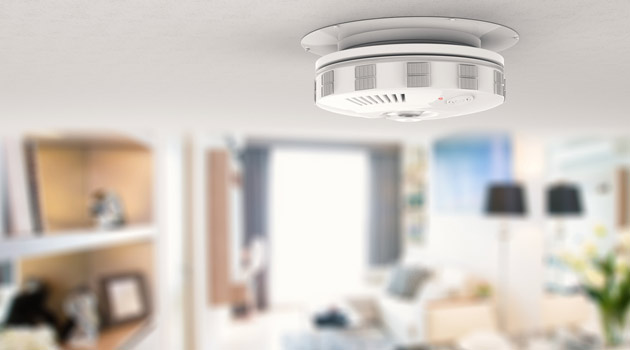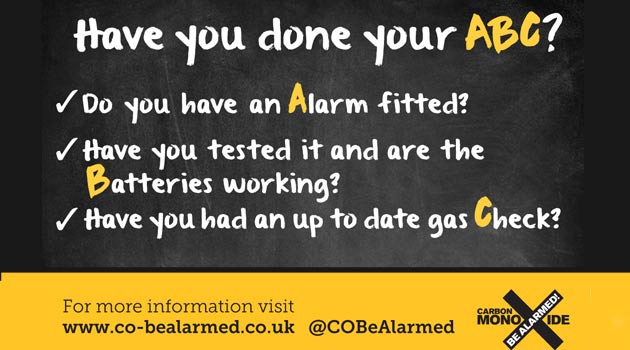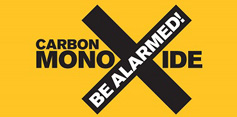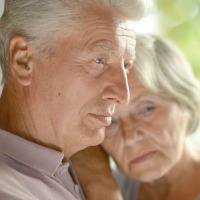What do you think would go well with coasters like this?

Carbon monoxide poisoning: what you need to know

Each year, around 30 people die from carbon monoxide (CO) poisoning and another 4,000 are treated in hospital. But it can be prevented. As part of Energy UK's CO Be Alarmed! campaign, we're raising awareness about carbon monoxide poisoning, including the signs and symptoms and how to protect yourself and your family from this harmful gas.
Sign up to Gransnet for more health advice
This page is sponsored by:
The facts about carbon monoxide poisoning
The true number of people affected by carbon monoxide poisoning is likely much higher than we can accurately account for as the early symptoms can easily be mistaken for flu or tiredness. Research carried out for Energy UK's campaign, Be Alarmed!, has found that almost two thirds of people in the UK are putting themselves at risk because they don’t have an audible carbon monoxide alarm.
Statistics – how does this affect over 65s?
4.5 million over 65s are at risk from carbon monoxide poisoning as they don’t have a
CO alarm at home. A third of pensioners (34%) think that deadly carbon monoxide poisoning symptoms will 'get better on their own' and one in four pensioners (25%) wouldn’t want to 'bother' their GP with symptoms of carbon monoxide poisoning.
What are the signs and symptoms?
It's hugely important that we know the signs as the effects of carbon monoxide poisoning can be devastating, yet it is easily preventable. The six main symptoms of carbon monoxide poisoning are:
1. Headaches
2. Dizziness
3. Nausea
4. Breathlessness
5. Collapse
6. Loss of consciousness
Another key indication that carbon monoxide may be the cause is if symptoms disappear or get better when you leave home and come back when you return. The symptoms are similar to those of flu, pregnancy, hangover and food poisoning.

Get the latest health tips and more delivered straight to your inbox...
How to protect yourself
Carbon monoxide (CO) is known as a silent killer as you cannot see it, smell it or taste it. The easiest way to protect yourself and your family is by getting an alarm that makes a loud noise when the gas is present and by doing this simple ABC:
- Do you have an Alarm fitted?
- Have you tested it and are the Batteries working?
- Have you had an up-to-date gas Check?
In an emergency, if your alarm goes off or you spot other signs of carbon monoxide, be sure to:
- Open doors or windows for ventilation
- Call the Gas Emergency number on 0800 111 999 to report the incident, or the Health and Safety Executive (HSE) Gas Safety Advice Line on 0800 300 363
- Seek medical advice if you feel unwell - go to your GP, call NHS 111 or, if it is urgent, call 999 for an ambulance.
Watch Energy UK's short video on how a simple ABC could keep you and your family safe.
The CO Be Alarmed! campaign is the national campaign to reduce the number of deaths and injuries caused by carbon monoxide. The campaign is run by Energy UK, the trade association for the energy industry, and works with a wide range of charities and other organisations to encourage people to install carbon monoxide alarms in their homes and raise awareness of the risk of carbon monoxide poisoning. Visit their website for more information on how to stay #COsafe.
Images: Shutterstock



